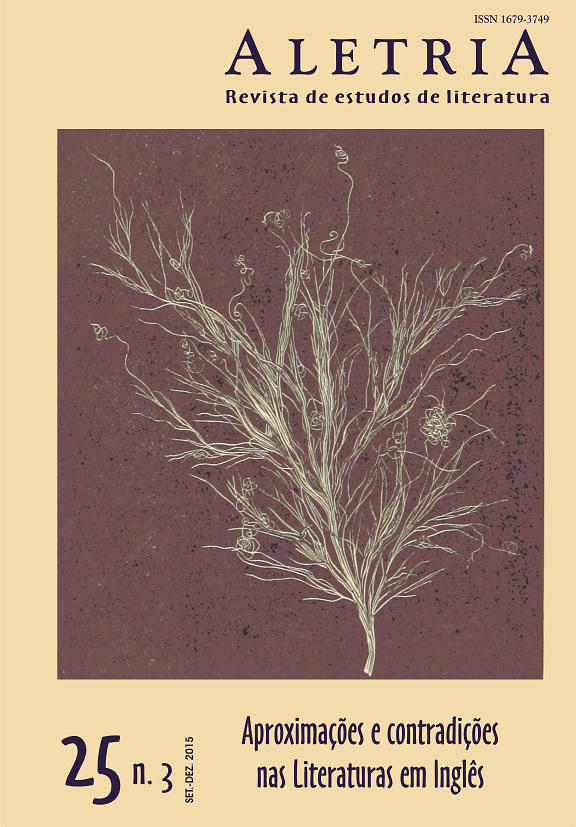The Subversion of Factual Discourse in Found Footage Films
DOI :
https://doi.org/10.17851/2317-2096.25.3.85-94Mots-clés :
horror cinema, found footage, claims to truthfulness, factual genres, mediaRésumé
This article analyzes how the textual design of found footage films subvert factual discourse in order to increase the intended horror on screen. Movies such as Cannibal Holocaust (1980), The Blair Witch Project (1999), Paranormal Activity (2007) and The Gallows (2015) capitalize on the blur between reality and fiction, interfering with the way part of the audience responds to the movies. The article also contends that found footage films are natural by-products of postmodern times, which is especially characterized by ‘convergence culture’ (JENKINS, 2008) and ‘the disappearance of something real’, as two prime features of this genre.
Téléchargements
Références
ANDREJEVIC, Mark. Reality TV: the work of being watched. Lanham: Rowman & Littlefield, 2004.
AUFDENHEIDE, Patricia. Documentary film: a very short introduction. New York: Oxford University Press, 2007.
BAUDRILLARD, Jean. The transparency of Evil: essays on extreme phenomena. Translated by James Benedict. New York: Verso Books USA, 2002.
CORNER, John. Television, documentary and the Category of the Aesthetic. In: ROSENTHAL, A.; CORNER, J. (Org.). New challenges for documentary. Manchester: Manchester University Press, 2005.
GRODAL, Torben. The experience of realism in audiovisual representation. In: JERSLEY, A. Realism and ‘reality’ in film and media. Copenhagen: Museum Tuscalunum Press, 2002.
HILL, Annette. Restyling ractual TV. New York: Routledge, 2007.
JENKINS, Henry. Convergence culture: where old and new media collide. New York: NYU Press, 2008.
LOPES, Renan. Charlie Charlie: demônio mexicano, brincadeira de criança ou viral que deu certo? In: Gizmodo Brasil, 29 May 2015. Viewed on September 14, 2015. http://gizmodo.uol.com.br/charlie-charlie-viral/.
McLANE, Betsy. A new history of documentary film. 2nd ed. Bloomsbury: A&C Black, 2012.
ROSCOE, Jane; HIGHT, Craig. Faking it: mock-documentary and the subversion of factuality. Manchester: Manchester University Press, 2001.
Téléchargements
Fichiers supplémentaires
Publiée
Numéro
Rubrique
Licence
(c) Copyright Claudio Vescia Zanini (Autor) 2016

Ce travail est disponible sous la licence Creative Commons Attribution 4.0 International .
Authors who publish with this journal agree to the following terms:Authors retain copyright and grant the journal right of first publication with the work simultaneously licensed under a Creative Commons Attribution Non-Commercial No Derivatives License that allows others to share the work with an acknowledgement of the work's authorship and initial publication in this journal.Authors are able to enter into separate, additional contractual arrangements for the non-exclusive distribution of the journal's published version of the work (e.g., post it to an institutional repository or publish it in a book), with an acknowledgement of its initial publication in this journal.Authors are permitted and encouraged to post their work online (e.g., in institutional repositories or on their website) prior to and during the submission process, as it can lead to productive exchanges, as well as earlier and greater citation of published work (See The Effect of Open Access).









